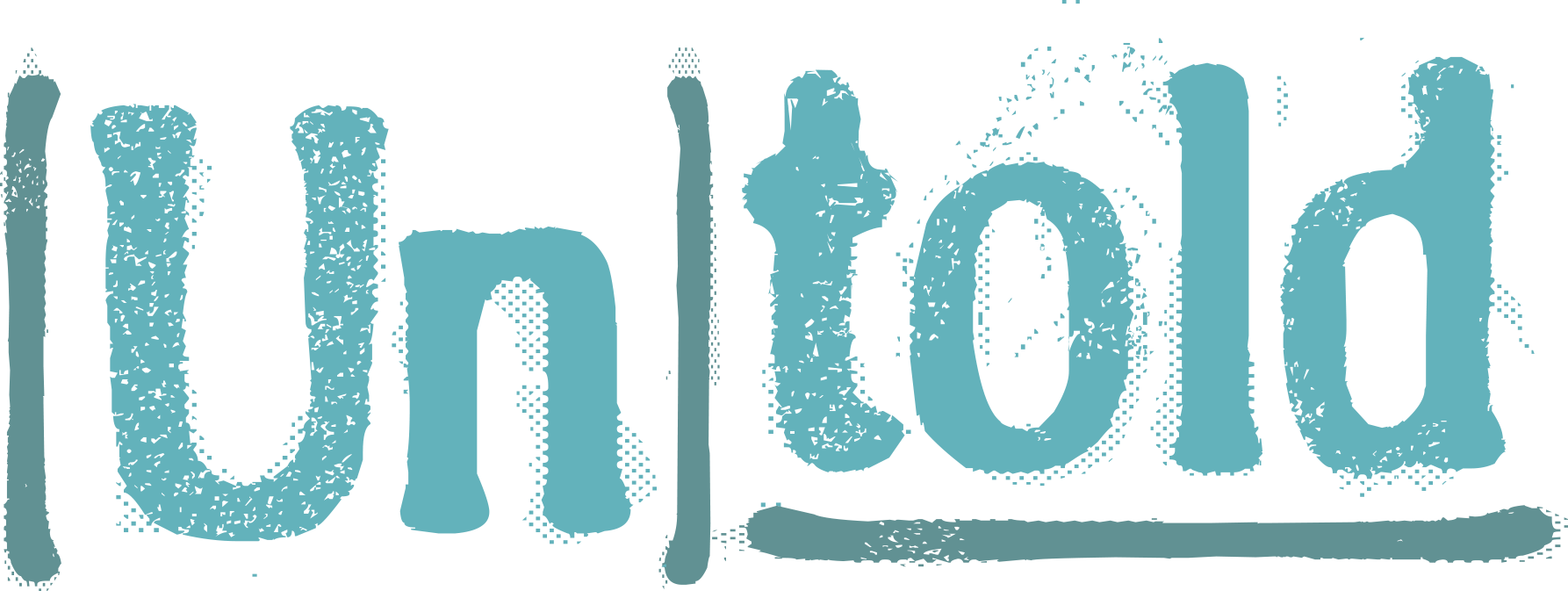Aristotle called it kairos. Time animated through the power of the present—a kairotic moment signals that the time to speak or act is now. And if thepundits have got it correct, right now the public-at-large could use a public intellectual or two. It needs the Cornell Wests, the Jill Lepores, the Ta-Nehisi Coates, the Judith Butlers of the world to reconcile the specialized knowledge of the ivory tower and industry experts with the broader concerns of the general public. To separate @fake news from (alt)fact and tell us why we should parse out the differences in the first place.
If our societal ills are anti-intellectualism and uninformed mass populism, the thinking goes, then maybe public intellectuals are the remedy. It’s a line of thinking that’s only partially true.
公众理智主义,从严格意义上来说,是what happens when experts speak publicly about issues of the day, and their words stick. Take, for example, Howard Zinn’s role as both a history professor and an outspoken advocate for civil rights, on and off college campuses. Or, consider linguist and philosopher Noam Chomsky’srecently published statementsabout the problems characteristic of the Trump era. Both high-profile intellectuals rocked the boat by stepping outside the confines of higher ed to go public and get political. For Chomsky, this means both increased scrutiny and celebrity. For Zinn, it meant an iconic status as a civil rights trailblazer and a rocky relationship with the university.
That breach between the public and the experts has often nudged public opinion in a positive direction, but it has never been without consequences.
These cases demonstrate what public intellectualism is, and what it isn’t. Public intellectuals don’t pontificate the facts and offer pop quizzes later. They are not neutral, feel-good knowledge sharers either. Instead, they use their expertise to challenge and prod public opinion. As Ta-Nehisi Coates writes in hisrecent defenseof Melissa Harris-Perry as America’s current foremost intellectual, public intellectuals “communicate the work of thinking to people with…rigor and effect.”
Conversations around public intellectualism get a lot right. For starters, they recognize the value of the academy as a storehouse for human knowledge. What kinds of strides could we be making on climate change, for instance, if we had more Neil DeGrasse Tysons explaining the science to us in common sense terms? What if there were more Paul Krugmans to break down economics into simple dollars and cents for the lay person trying to understand congressional budget talks?
And what democratic work can public intellectualism dowhen the public intellectualempowers people to act on information?
ifs-that最后一点什么罢工的心of the matter. With so much emphasis on the intellectuals the public should be turning to, the conversation can easily sidestep public intellectualism as a philosophy, a stance, that’s ultimately about making knowledge available and trusting people with it.
Said another way, “if you teach a man to fish…” you won’t have to bug Paul Krugman every time there are new congressional budget talks.
And truly, in light of the evidence of a growing disconnect betweenAmericans and the institutions that serve them, including educational ones, it’s worth asking: is the prospective audience for public intellectualism shrinking? It’s a bleak assessment, for definite, but in the kind of moment we find ourselves in, when everyone is assessing the state of information we receive and share, maybe it’s time to press pause and ask some tough questions.
It’s time to steer the conversationaway from the public intellectualand toward the pursuit of intellectualism as a means of empowering the public with knowledge. We need a collective strategy, not a solo or siloed one. And frankly, the university professors can’t do it alone.
So here’s our proposition to you, dear experts, leaders, professors, and community members: The public is ready, deserving and capable of understanding the insights of experts, and becoming knowledge-makers themselves.
To learn more about how to become a public intellectual and share your knowledge, read our piece: How To Become a Thought Leader by Sharing What You Know.
If you share our commitment to public knowledge-making and sharing, join our community of thought leaders and industry experts! Get updates from the Untold Content team of English-professors-turned-entrepreneurs bysubscribing to our email list. You’ll receive thought-provoking technical writing and business writing articles, view captivating infographics and gain insight into the minds of our writing experts.



